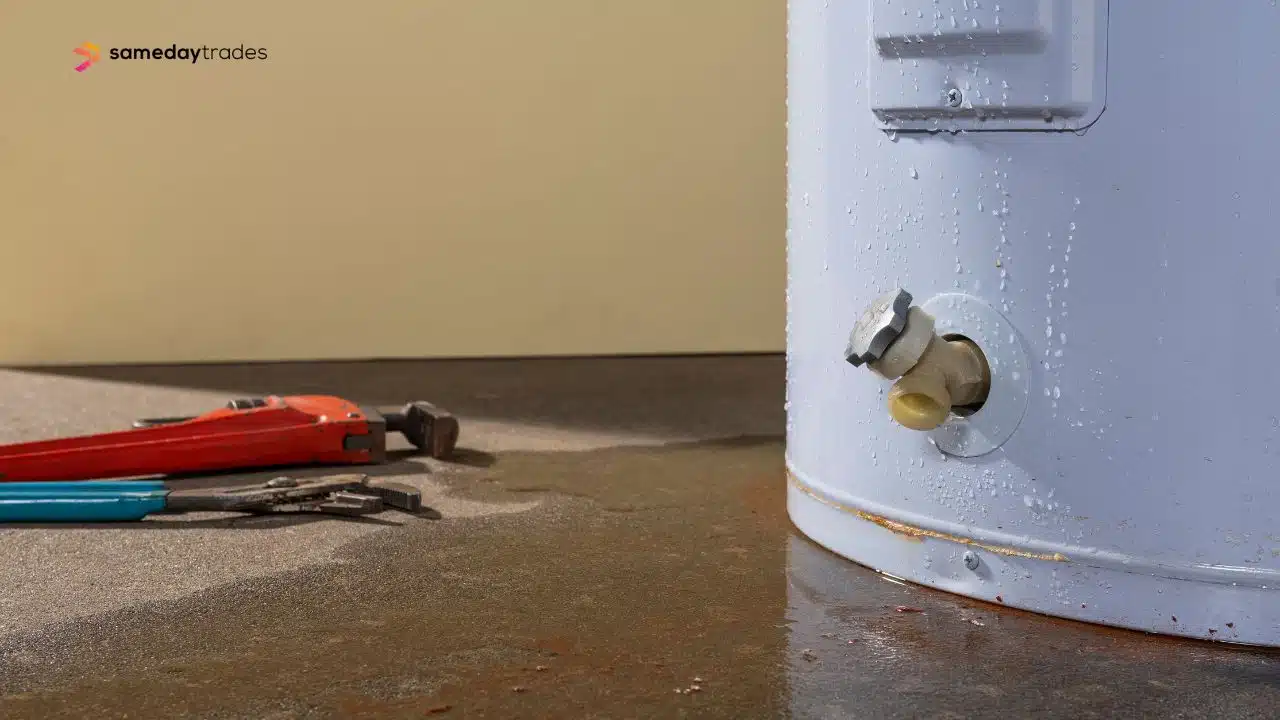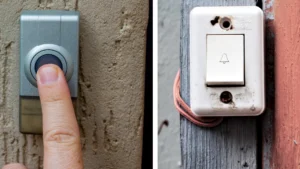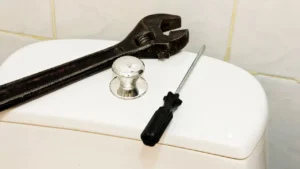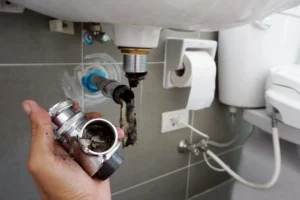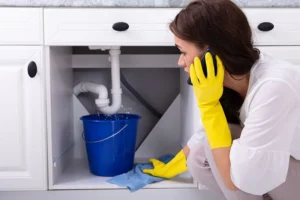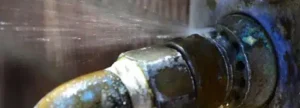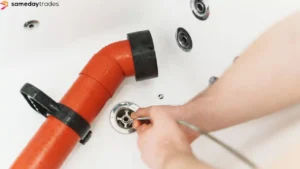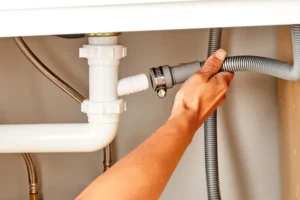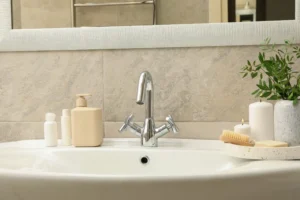Hot water system leaking issues are more common than you might think, and they rarely fix themselves. Whether it’s a small drip or a steady stream of water, ignoring the problem can lead to water damage, rising energy bills, and even complete system failure.
This guide walks you through how to identify leaks, what they mean, and what actions you should take right away to prevent further issues.
Signs Your Hot Water System Is Leaking
The first step is recognising that you have a leak. Sometimes, the signs are obvious. Other times, they’re easy to miss until the damage becomes more serious.
Common signs include:
-
Water pooling near the base of the unit
-
A dripping sound even when no taps are running
-
Rusty or discoloured water from taps
-
Low water pressure or inconsistent temperature
-
Spikes in your water bill
If you notice any of the above, it’s likely that you’re dealing with a leaking hot water system.
Common Leak Locations and What They Mean
1. Hot Water System Leaking from Top
Leaks from the top are often caused by loose pipe fittings or worn-out seals on the inlet or outlet pipes. In some cases, water may be escaping from the top cap or expansion valve.
While this might look minor at first, it can worsen if ignored. If your hot water tank is leaking from the top, inspect the fittings and pipe connections for corrosion or moisture.
2. Hot Water System Leaking from Bottom
A hot water system leaking from the bottom is usually a sign of internal tank damage. Corrosion, sediment build-up, or a faulty drain valve could be to blame. If the tank itself is rusting out, a full replacement may be necessary.
This is especially true for systems that are more than 8–10 years old. A gas hot water system leaking from the bottom might also indicate burner or pilot light damage due to water exposure.
3. Leaking from the Pressure Relief Valve
The temperature-pressure relief (TPR) valve is designed to release excess pressure from the system. Occasional dripping is normal, especially when the water is heating. But constant or heavy dripping means there’s likely an issue.
If you see water pouring out of the pressure relief valve, it may be stuck open, faulty, or responding to abnormal system pressure. This component should be inspected immediately.
4. Hot Water System Leaking from Overflow Pipe
Your hot water system overflow pipe is intended to handle water expansion during heating cycles. However, continuous flow from this pipe often signals a pressure issue or a failing valve.
If hot water is coming out of the overflow pipe on the side of the house, don’t ignore it. A dripping overflow pipe is often your first clue that something’s not working as it should.
5. Leaking Pipework or Fittings
Leaks can also occur at the joints, valves, or outlet pipes connected to your system. This could be due to worn washers, cracked fittings, or pipe corrosion.
Check for moisture around the hot water outlet, valves, and any visible connections. If your hot water system is leaking from the pipe, these areas need to be tightened, resealed, or replaced.
Why Is My Hot Water System Leaking?
Now that you’ve identified where the leak is coming from, it’s important to understand why it’s happening.
Common causes include:
-
System age: Tanks older than 10 years often develop internal rust and cracks.
-
High pressure: Excessive internal pressure can cause valves to open or seals to fail.
-
Poor maintenance: Lack of flushing and servicing can lead to sediment build-up.
-
Valve failure: Worn or faulty relief valves can leak even if pressure is normal.
-
Corrosion: Steel tanks eventually rust, especially if the anode rod isn’t replaced.
Whether you’re dealing with a hot water cylinder leaking or a water tank leaking at the base, the root cause will help determine your next step.
What To Do Immediately
Act quickly when you notice a leak. Delaying action can lead to serious water damage or system failure.
Here’s what to do:
– Turn off the power to the water heater—either via the circuit breaker (for electric units) or shut off the gas supply (for gas units).
– Turn off the cold water inlet valve to stop the water flow into the system.
– Drain the tank if the leak is significant. Use the drain valve near the bottom and connect a hose to lead water safely outside.
– Check the pressure relief valve—a slow leak could be solved by replacing this single part.
– Call a licensed plumber to diagnose the issue and recommend the best solution.
If you notice hot water system leaking from the overflow pipe, don’t assume it’s normal—especially if the leak is constant.
Can You Fix It Yourself?
While small leaks at fittings or valves may seem like a DIY job, many water heater issues require professional intervention. Australian plumbing regulations require certain repairs to be handled by licensed technicians.
You should not attempt to repair:
-
Internal tank corrosion
-
Faulty gas components
-
Electrical parts
-
Relief valve replacements without isolation
If you’re not experienced or certified, working on a leaking water heater yourself could void the warranty, risk safety, and breach legal codes.
Preventing Leaks in the Future
Regular maintenance can significantly reduce the risk of leaks.
Tips for prevention:
-
Flush the system once a year to remove sediment build-up.
-
Check the anode rod every few years to prevent tank corrosion.
-
Inspect valves and joints regularly for early signs of wear.
-
Test the pressure relief valve twice a year to ensure it opens and closes correctly.
-
Schedule a professional service annually for overall system health.
A properly maintained unit will last longer and operate more efficiently. Preventative care is always cheaper than emergency replacements caused by a hot water system burst.
Special Cases: Solar and Gas System Leaks
Solar Hot Water System Leaking
Leaks in solar systems may occur in the rooftop panels or booster valves. If you notice hot water solar panel leaking or water stains near the pipework on your roof, turn off the booster and contact a technician.
Some solar models also experience leaks at the release valve, especially if exposed to high pressure or extreme temperatures.
Gas Hot Water System Leaking
Gas systems can develop leaks in several areas, especially near the base or burner assembly. A gas hot water system leaking from bottom may show signs of rust, weak flame, or a strange smell.
Turn off the gas supply immediately and avoid using the hot water until a licensed plumber inspects the system.
Conclusion
A leaking hot water system isn’t something to ignore. Whether it’s a few drips or a steady stream, water leaks can signal deeper issues—from worn valves to serious internal tank corrosion.
Knowing where the leak is coming from and what’s causing it puts you in a better position to act. The faster you respond, the more likely you are to avoid expensive repairs, water damage, and downtime.
If you suspect a fault or can’t trace the source, don’t wait. Get it inspected, serviced, or replaced before a minor leak turns into a major headache.

